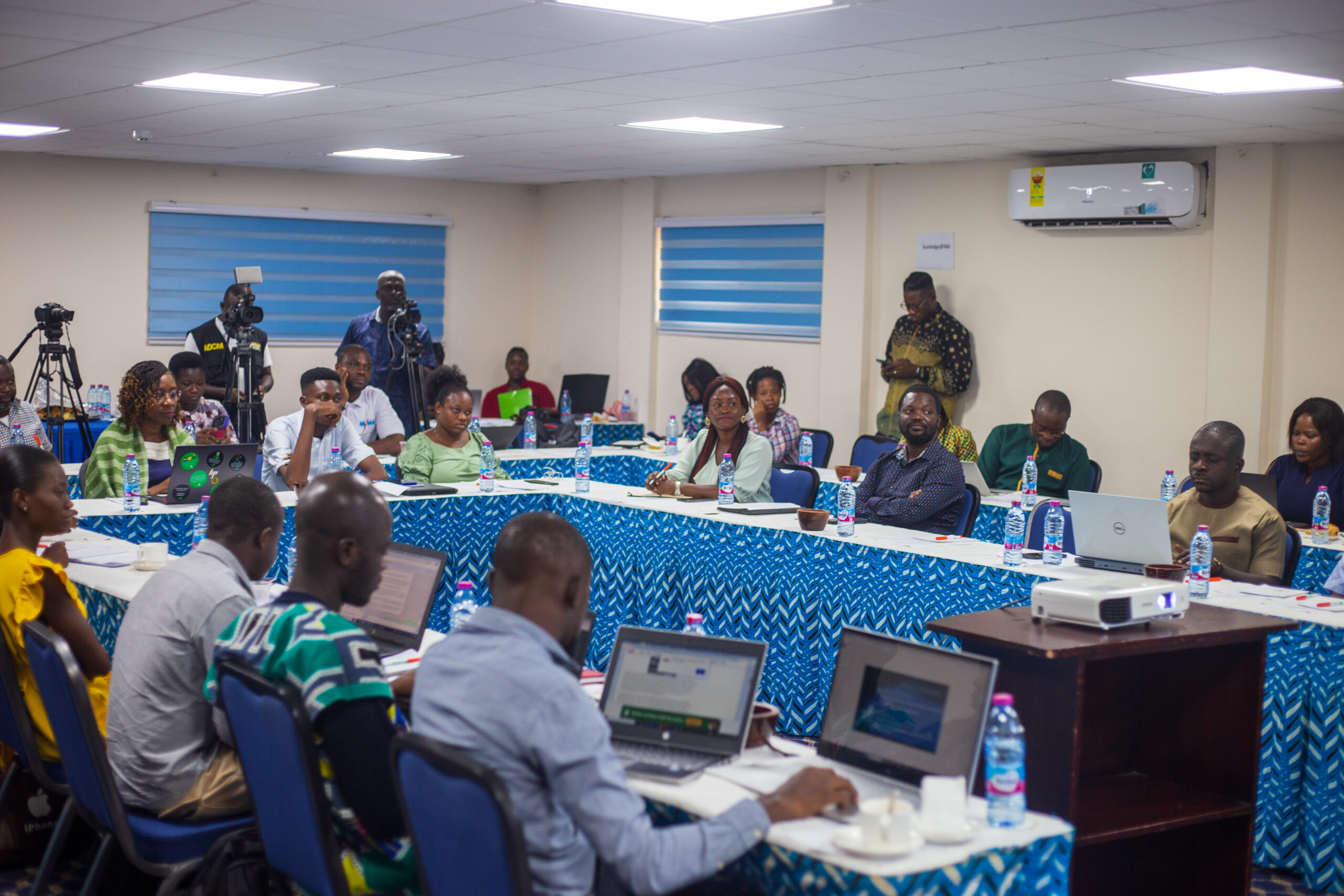A forum on women’s rights online has closed with a consensus that failure by multiple stakeholders in their duty to engender good digital citizenship is what is continually making the internet inaccessible, unattractive and or unproductive for women.
Government’s failure to expand reliable internet access to rural areas, and bring down the cost of data and mobile devices, civil society organisations (CSOs) inadequate application of pressure on governments to remove taxes that build up the cost of internet services and internet platform operators inadequate provision of safeguards against abuse of women were all cited.
Also cited were some women’s limited knowledge of opportunities available on the digital platforms resulting in their tendency to browse the internet for leisure rather than leveraging its entrepreneurial capabilities. Participants at the forum added there’s violent and irresponsible gendered and stereotypical behaviour towards women online
These factors, according to the stakeholders, have conspired to either keep women offline, making digital spaces unattractive to women or make their time spent online unproductive. Since the factors constitute failings on the part of all stakeholders, there was a general call for efforts on all fronts to rectify them to boost women’s presence online.
The call was part of a number of recommendations that were made at the National Stakeholders’ Forum on Women’s Online Rights in Ghana, hosted by the Media Foundation for West Africa (MFWA) with funding from the Embassy of the Kingdom of Netherlands in Ghana
The forum was held in Accra, on the 28th of November 2023. It brought together 33 participants from a cross-section of stakeholder entities and organizations, including civil society organizations, women’s groups, the media, academia and government.
Digital citizenship in Ghana
Internet penetration remains high in Ghana at 68.82% in 2023. What this means is that out of the total national population of 32.83 million (2021 population and housing census) 23.05 million are internet users. 6.60% (19.5%) of Ghanaians online also use social media actively while a total of 43.88 million cellular mobile connections were active in Ghana in early 2023 (This is equivalent to 129.8% of Ghana’s population).
All of these statistics position Ghana as the 8th country in the world with the highest number of citizens online, with the Ghanaian digital citizen, spending an average of 3 hours 26 minutes online every day.
However, behind the statistics also lies a digital gender gap in which only 60% of women own smartphones as compared to 72% of men.
Participants speak
As impressive as Ghana’s digital footprint is, it is quite superficial in some respects upon closer inspection, according to stakeholders who spoke at the forum. For example, even though Ghana is 8th in the matter of the number of citizens being online, the country ranked 21st in respect of the productive, work and entrepreneurship-related usage of the internet, meaning most Ghanaians go online for leisure browsing.
Again, stakeholders pointed out that even the 60% of Ghanaian women who own smartphones and do go online regularly, most are located in the urban centers with majority of women in rural communities not even owning smartphones, let alone going online. This being the case, Ghana was categorized as a country where its digital infrastructure cannot be relied upon to respond to emergencies in its rural areas.
Meanwhile, the cost of digital devices such as handsets and the cost of data continue to dissuade most women from going online. And for the women who make it online, they are discouraged from meaningfully participating in digital spaces by age-old discouragements such as cyberbullying, online misogyny, gendered disinformation and treacherous security safeguards online.
Stakeholders felt that all of these issues continue to militate against women because there are failings on the part of all stakeholders, in their responsibility to put in place systems that fosters proper and productive digital citizenship.
Principal among the failing stakeholders is the government which has not really put in place a framework that specifically encourages women to go online. Government is also faulted for putting too many taxes on telecommunications and internet services, which automatically translates into a high cost of internet data for instance, a fact that disproportionately affects women because women also find themselves at a disadvantage in a wage disparity gap.
Participants also pointed out that internet users, especially women, are not making enough efforts to leverage the cyberspace to improve their lives, be safe online, and also contribute to engendering safety in the digital space by reporting abuses.
Then there are Tech giants and operators of digital platforms who do not have in place adequate moderation functionalities, especially ones that are gender-sensitive, online.
Recommendations
After gauging the state of the digital space in Ghana, participants came up with a raft of recommendations to stakeholders starting with the call on government to engender a safer and more inviting digital space in Ghana. Government can do this by reducing taxes on telecommunications and internet services for instance.
Government is also called upon to improve internet and telecommunications coverage to rural areas as part of building infrastructure and mechanisms that make it effective to use Ghana’s digital structures to respond to emergencies when they occur.
Meanwhile, women were encouraged to be responsible digital citizens, a loaded term which encapsulates the need for good conduct online, including safeguarding themselves from abuse, not creating opportunities for extortionists to hold them to ransom by not sharing nude videos and photos of themselves carelessly for instance, and taking time to learn and understand safety mechanisms on digital platforms. Women are also encouraged to leverage the internet for knowledge, educational and entrepreneurial opportunities rather than for leisure browsing alone.
Civil society organizations were encouraged to continue to instigate and promote conversation on the state of cyberspace in Ghana, especially as it regards women’s safety online. CSOs should pressure government to come out with a legal framework that streamlines all laws and institutions pertaining to the cyberspace in Ghana.
Meanwhile, owners and operators of digital platforms such as WhatsApp, Instagram, Facebook and X (formerly Twitter) should infuse more safety mechanisms that are gender sensitive in their platforms’ safety and abuse prevention mechanisms






